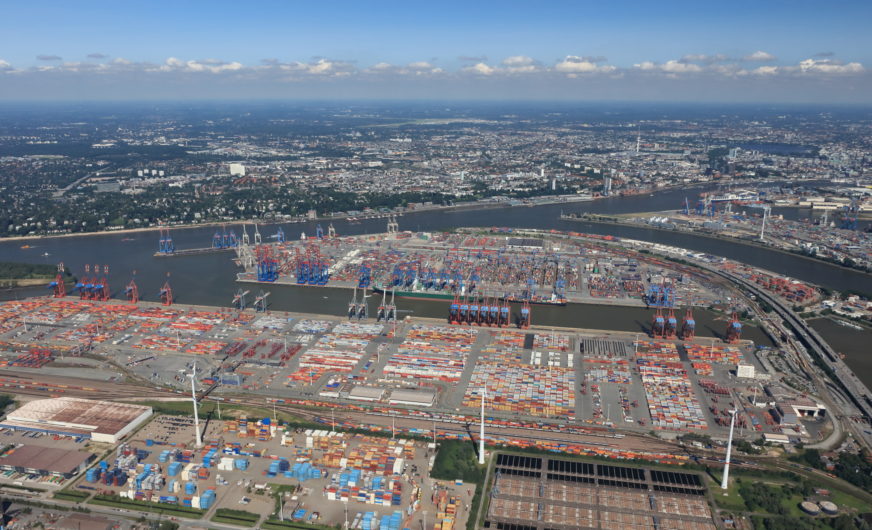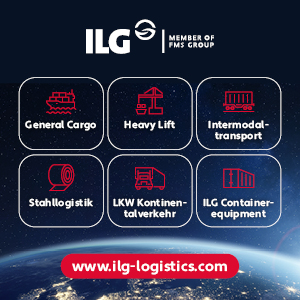At the annual press conference in Hamburg, the
Zentralverband der deutschen Seehafenbetriebe e.V. (ZDS, Central Association of
German Seaport Operators) presented its call for more vigorous action to
eliminate location disadvantages in Europe. “A recent study by the Federal
Ministry of Transport has confirmed the systemic relevance of German ports for
the economy. Our ports secure over 521,000 jobs, and seaport operators invest
hundreds of millions of euros annually to prepare for the future. Together with
the public sector, we will continue to strengthen Germany as a logistics and
business location in the face of tough international competition,” said
Frank Dreeke, President of ZDS.
Compared to the port locations in Belgium and the Netherlands, there are a
number of locational disadvantages which reduce the chances of success of the
German seaports. One example is the import turnover tax, which is implemented
differently in Germany than in other EU countries. As a result, goods are
imported via neighbouring countries.
With the tonnage tax, shipping companies facing tough international competition
can significantly reduce their tax burden. The tonnage tax is an important
instrument approved by the European Commission for strengthening European
shipping. In some neighbouring European countries, however, its application
influences competition between terminal operators, as shows a recent report by
the International Transport Forum of the Organisation for Economic Cooperation
and Development (OECD).
Frank Dreeke: “In addition to adapting German waterway legislation, the EU
Water Framework Directive, which is currently being reviewed, must also be made
more concrete in order to shorten procedures and create more legal certainty.
The timeframe for the requirements in the Directive currently runs until
2027”. Sustainability is also high on the agenda of seaport operators.
German ports urge elimination of location disadvantages
21.11.2019Tonnage tax also causes fiercer competition among terminal operatiors according to OECD
 Bild: ?????????????????????????????????????????
Bild: ?????????????????????????????????????????











